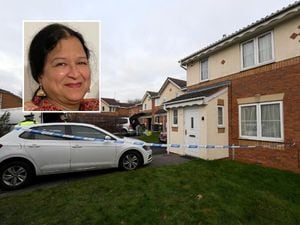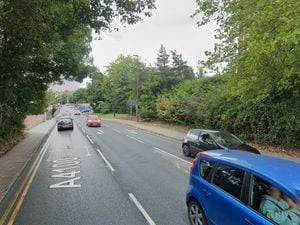Calls for transparency after Midlands forces refuse to reveal if they use counter terrorism law to spy
Calls have been made for more transparency in the way police provide information after it emerged three Midland forces have refused to reveal whether they used counter terrorism law to spy on journalists.

West Midlands, West Mercia and Staffordshire Police will not reveal the number of times they intercepted journalists calls under the Regulation of Investigatory Powers Act (RIPA) on the grounds that it is too expensive to provide the data.
West Midlands Police and Crime Commissioner David Jamieson has called for the police to be more open in providing information to the public and said listening in on journalists was 'a stretch too far'.
He said: "Police like everybody else have to operate within the law and must do what is in the confines of the law. The police sometimes have to do things which are intrusive. But I do not think it is justifiable to listen in on journalists. That is a stretch too far. West Midlands Police are very open, and perhaps more so than others."
Staffordshire Police and Crime Commissioner Matthew Ellis added cost should not be a consideration.
"The police are still not as open and transparent as they need to be," he said. "It is getting better and has got better but there is too much of a culture which asks why information should not be released rather than why it should.
"Unless there is a serious and robust reason this information should be made public. I am not worried about the costs so much if there is a clear public interest. If I find out that the police have used RIPA for self-protection I will go through the roof."
All three forces refused to release the details under Freedom of Information law.
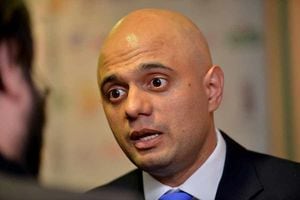
West Bromwich East MP Tom Watson is also calling for the figures to be released and will raise the issue in the House of Commons.
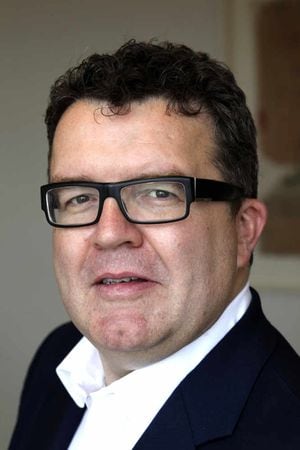
He told the Express & Star: "I am very concerned how RIPA has been secretly used to undermine investigative journalism."
The Interception of Communications Commissioner told MPs he could see no reason why police forces should not say whether they had used the Regulation of Investigatory Powers Act to view journalists' phone records 'if there was no national security element involved'.
Culture Secretary Sajid Javid said: "RIPA was passed to help with the fight against serious criminal wrongdoing, not to impede fair and legitimate journalism, no matter how awkward that journalism may be for police officers and local councils."
"This is not just about journalists, although it is fundamentally important that journalists sources and whistleblowers are protected in the public interest, we need to know as well just how many time the police are using RIPA on ordinary citizens."
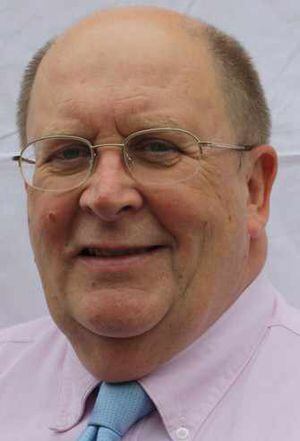
Bob Satchwell, director of the Society of Editors which represents newspapers, told the Express & Star: "The police will say it is inappropriate to release the information that has been passed on to the commissioner. Clearly there is a big problem and it will become a bigger problem unless the police realise that what they have to do is lift the smokescreen and have a sensible discussion. Without disclosure people will just wonder how bad the problem is and just how many people are being targeted under RIPA. What we need is disclosure of the facts."

